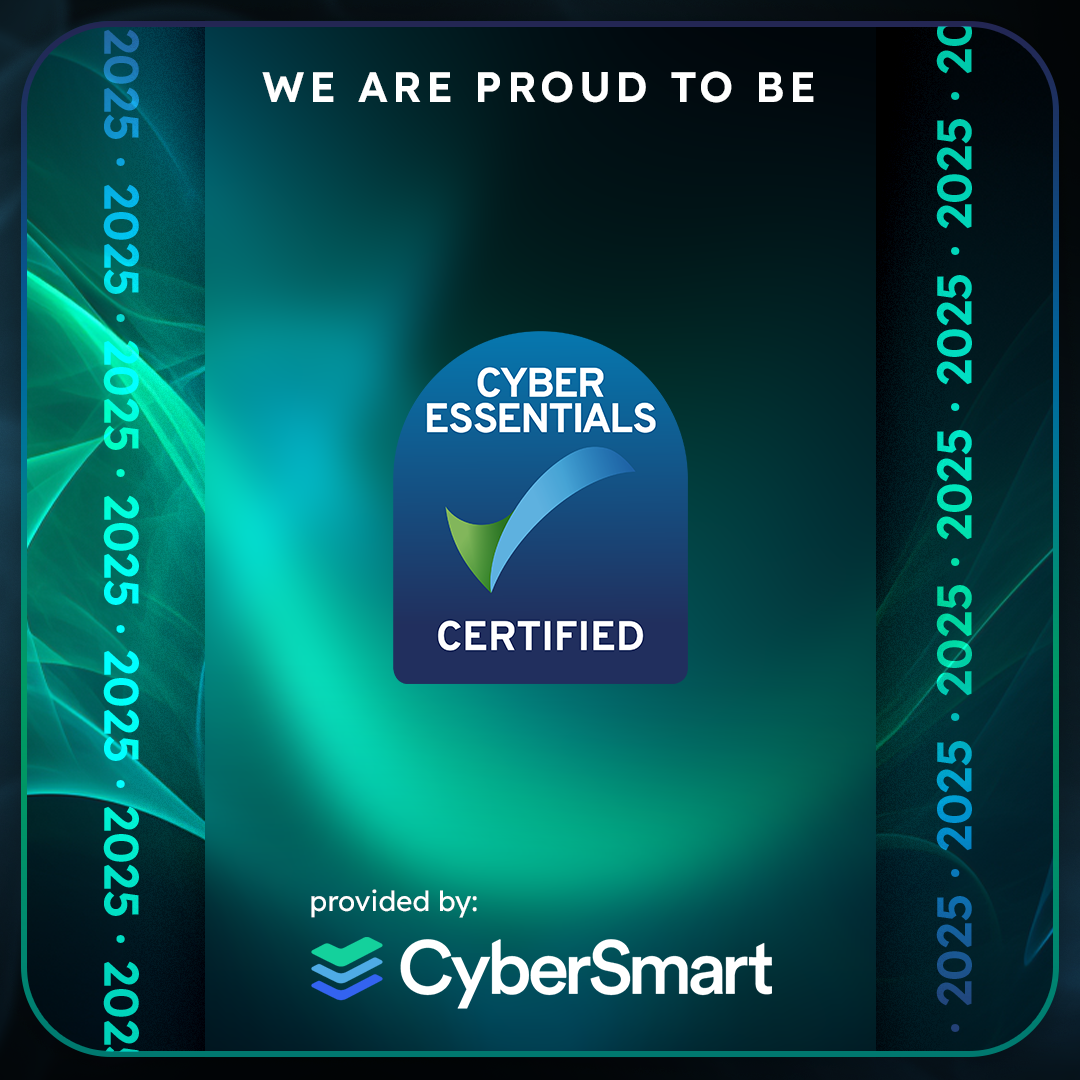COVID-19 and Trials
Added in: Civil and Insurance Fraud
“But now I am cabined, cribbed, confined, bound in
To saucy doubts and fears”
(Macbeth, Act 3, Scene IV)
In the time that passed between my commencing writing this piece and reaching the conclusion (about an hour), the advice from HMCTS about civil litigation in the time of Coronavirus has changed twice. I expect the guidance, protocols and requirements will have changed many more times before this Newsletter reaches you; however, I hope that some of the points I raise will have relevance whatever stage we reach.
The HMCTS guidance published today (1 April) sets out what are “Priority 1” cases (“work which must be done”), and what are “Priority 2” cases (“work which can be done”) for the purposes of the Courts. Notably, multi-track trials which both parties deem to be “urgent” are listed under Priority 1, whilst small claims and fast-track trials which the parties deem to be urgent are Priority 2. It is not clear what is meant by “urgent”, though it might be speculated that a disease case in which the Claimant was terminally ill might be one, albeit extreme, example. Stage 3 hearings, infant approvals and various other assorted hearings are also listed under Priority 2.
Unprecedented times require unprecedented measures, and there are obvious imperatives that now require all parties to avoid in-person attendance at Court buildings. It is, of course, unclear how long it will be before other, non-urgent, trials are listed for remote hearings. The anecdotal evidence that there is suggests that it will not be long before the Courts consider it necessary to proceed with all trials this way. The parties are likely, in that event, to be asked to consider whether it is appropriate for any given trial to proceed remotely. In cases in which fraud or fundamental dishonesty are the issues, caution is to be advised before agreeing too readily to a remote trial.
Even before the sea-changes that are taking place, there were obvious advantages to videolink evidence:
- Saving of time
- Saving of cost (witness transportation)
- Convenience
- Securing evidence that would otherwise possibly not be called
- Improved witness co-operation
However, there are some significant problems with evidence given over a remote link:
- The performance of witnesses is almost invariably worse (always worse in the author’s experience)
- Technical problems with lines, signal drop-out and picture quality
- Inability to properly gauge the demeanour of witnesses
- Less overall control of the witnesses
- The lack of access to documents and bundles
In fraud cases, however, some of these difficulties become acute. The nature of the trial process is very adversarial – perhaps more so than in most other civil cases. Often robust cross-examination is required. The consequences for the fraudster can be serious (costs, contempt etc). A full and proper assessment has to be made of the parties and their witnesses by the Judge, who is uniquely placed (literally, as well as metaphorically) to gauge their demeanour and the manner in which the evidence is given. It is not easy to assess body language when only the head and shoulders can be seen. There may be a reluctance to make a finding of dishonesty against a Claimant who has not been “eyeballed”, and the use of videolink never assists the cross-examining party.
Where collusion or conspiracy (fraud rings, suspect hire claims etc) are issues, there is no prospect of the Court being able to satisfy itself that “off stage” assistance is not being given. Messages could be sent to a witness giving evidence via WhatsApp, and these could be accessed without too much risk of being seen.
There are then issues which might be considered standard to all trials. On the assumption that the parties and witnesses are all at their respective homes, the following problems come to mind:
- There is danger in assuming that all have access to the same level of technology: not everyone has broadband wi-fi, and a laptop or tablet
- The parties and witnesses all need to have access to a bundle that is the same for everyone
- Are the parties and witnesses, self-isolating or in lockdown, able to ensure that they have quiet access to the remote trial without interruption?
- If a line is dropped for, say, 30 minutes, what is to stop a witness being reminded of his evidence, or recovering his/her position so much that the impact of cross-examination is lost?
There are potentially very many others.
In the Criminal jurisdiction, admittedly before the days of lockdown, where the Court was minded to make a direction that evidence could be given via videolink, s51(6) of the Criminal Justice Act 2003 required the Court to consider, amongst other matters, “the importance of the witness’ evidence to the proceedings”, and “whether a direction might tend to inhibit any party to the proceedings from effectively testing the witness's evidence”. It could and should be argued that, in the appropriate fraud or fundamental dishonesty case, the Defendant’s case is weakened by the requirement to hold the trial over videolink.
This is not to encourage a 100% negative response to enquires by the Court or Claimant lawyers as to the efficacy of a remote trial.
Consideration will have to be given to every case individually. Points to consider include:
- Is the case relying entirely or very heavily on cross-examination of the Claimant? If so, it may be better to say that the trial should not proceed remotely
- Cases in which collusion or coaching might be a concern, similar objection could be made
- Is the case one in which the lay Defendant’s presentation is central to the Judge’s decision? Whilst the cross-examination of the Defendant may be blunted by the vagaries of videolink, be aware that there is a diminishment in the quality of the evidence on all levels in a remote environment. The more central the Defendant or the witness’ credibility is, the less likely you are to want to proceed over the wires
- Cases in which a translator is involved might be practically difficult
- It is necessary to find out NOW what the practical position of Defendants and all of their witnesses is
- If there is a good reason for a trial listed in the next 3 months (say) not to proceed (for one of the above reasons, or any other) it is better to communicate that the Claimant and the Court NOW
- It is suggested that a triage of cases NOW is required: you cannot rely on conferences at Court on the morning of trial. If you have not proofed the Defendant or witnesses before, it is better to have a short tele-con NOW to (a) find out whether their evidence will stand the videolink process (assuming you are forced to go ahead), and (b) ascertain what practical difficulties there may be
- There is an urgent need to identify the core documents – this will be required by the Court for the electronic bundles (which will need to be with the Court 3 days before a trial)
- DO NOT wait for this to happen. Take a look at the next 3 months’ worth (possibly even 6 months’ worth) of listed trials NOW! There will be a threat of cost consequences if the parties do not comply with the provisions that will come
The Court will – indeed, at the point of writing, Manchester County Court just has (the default position being that trials will proceed remotely) – impose its own triage process with or without the involvement of the parties, and it is only if we are ahead of the game will we be in the best position to assist our lay and insurer clients.
Although it is impossible to predict accurately the response of the Court to any crisis, one such potential remedy to ease the pressure of effective trials would be to adopt a practice used on the South Western Circuit known colloquially as ‘Judicially-Guided Mediation’. For those with limited experience of the same, it involves a Circuit Judge trying to pick apart the case and making informal comments (without having heard any evidence, of course) as to whether if he or she were the Trial Judge which points may or may not find favour. For a plethora of obvious reasons, fraud is wholly unsuitable for that process. That said, before any such practice is adopted, each case must have been vetted and scrutinised in all of the aforementioned methods in order that it can be said plainly, “this is a fraud, the evidence requires testing and in light of allegations made: this is not a stay at home case”.
Simon McCann & James Paterson










